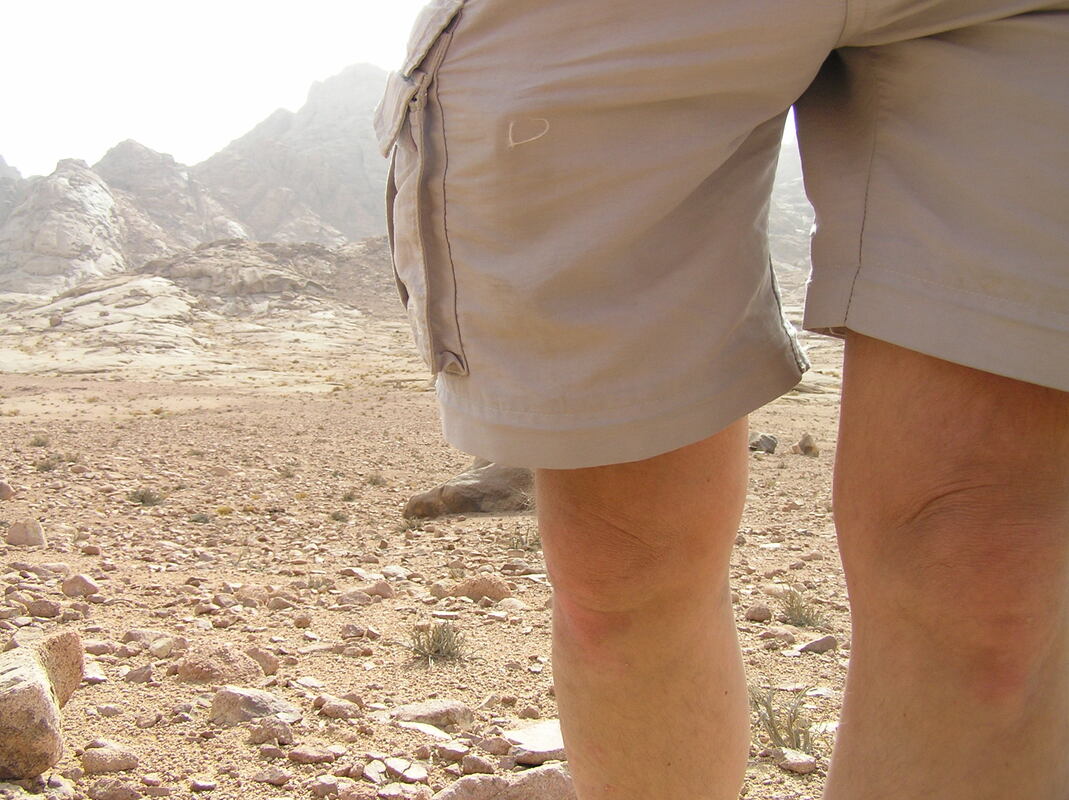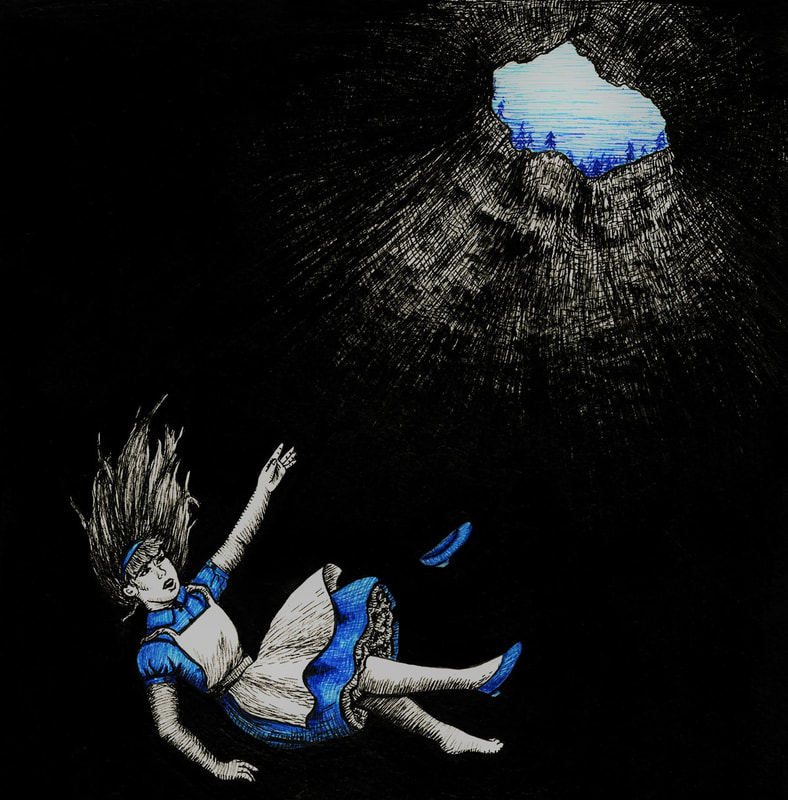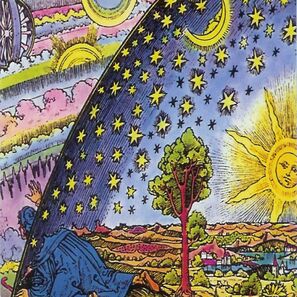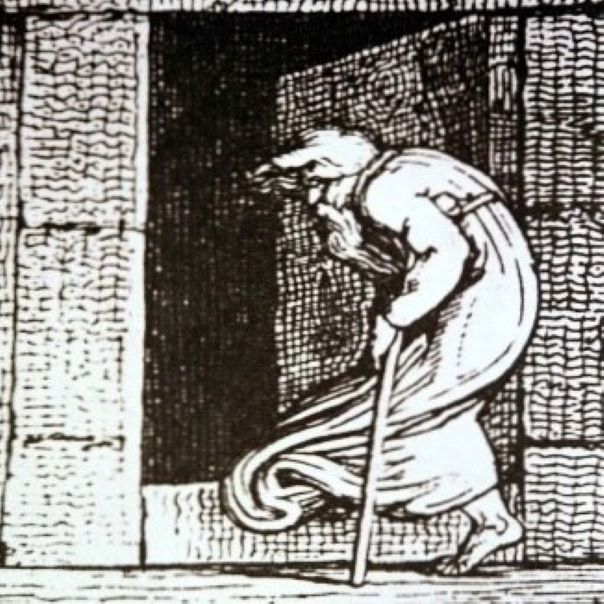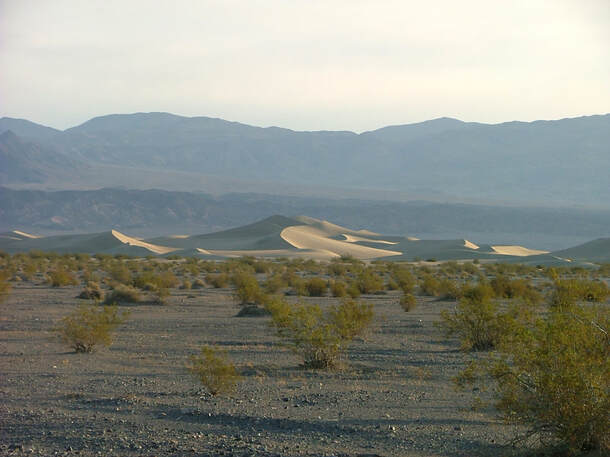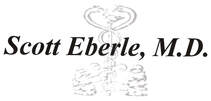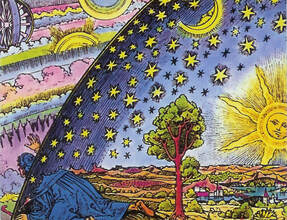
Major Life Passages
The youth passage, the middle passage and the elder passage are major transition times in the life of an adult. The youth passage – often referred to as "coming of age" – is the transition from adolescence into adulthood. The midlife passage – more commonly called "a midlife crisis"– is the transition from early adulthood into later adulthood. Next comes the elder passage: entry into life's final stage. See below for more about these three life transitions.
I support these life passages in three ways:
In the California wilderness: I co-guide 7- to 12-day wilderness programs through the School of Lost Borders. These offer a major rite of passage experience for someone looking to mark a major dying, a time of being in-between, or an important rebirth. This kind of experience then sets the stage for the more difficult work of bringing this ceremony back home into daily life.
In the greater Bay Area: I co-guide daylong events and weekend programs that support people looking to bring back the new vision gifted to them out in the desert. At the heart of this work is creating the sacred containers of both time alone on the land and sitting in a circle of humans.
One-on-one: I mentor people individually, helping them to plumb the depths of the big life questions they are facing. I look to support a person's search for a healing path through this challenging modern world. This individual work is especially powerful when it is done before and/or after a more extended wilderness program, as outlined above.
in person by internet by phone
weekly biweekly monthly
You do not have to make this journey alone.
|
According to Hollis, the primary relational axis in a person’s life evolves through different stages:
In ancient cultures, adulthood usually started with the onset of puberty, with a major initiatory rite being held to mark the end of the dependence of childhood . According to Hollis, traditional rites of passage involved six stages: (1) separation from the parents; (2) a symbolic death with "the killing" of an adolescent's dependence on the parents; (3) rebirth into the new life phase; (4) the community's teachings being passed on; (5) an ordeal meant to discover strength within for the tasks without; and (6) the return to the community.
Contrast that with the modern world and its coming-of-age rites that are so much weaker. Getting a driver's license. Sex, drugs and rock n' roll. Getting a job. Going to college. Entering the armed forces. Then add to that how the world has become so much more complex - personally, emotionally, socially, politically, economically. Because of the weakened ceremonial support and these great challenges, some therapists consider adolescence in this modern age as often lasting into a person's late 20s.
About the middle passage, Hollis writes: “The second adulthood is launched when one’s projections have dissolved. The sense of betrayal, of failed expectations, the vacuum and loss of meaning which occur with this dissolution, creates the midlife crisis. It is in this crisis, however, that one has the chance to become an individual—beyond the determinism of parents, parent complexes and cultural conditioning.”
If a person successfully navigates the middle passage – revealing, claiming, and living out a more authentic version of Self – the new challenge of elderhood then becomes learning to live with the mystery of death. Again from Hollis: “This axis is framed by the cosmic mystery which transcends the mystery of individual incarnation.”
The ceremony of a wilderness fast is well-suited to support a person navigating any of these life passages. The initiate goes alone into the wilderness, fasting and fully exposed to the natural world, and calls in some of life’s big questions. These questions are central to each of the ego-world relational axis, the self-Ego axis, and the Self-Cosmos axis.
But then comes the huge challenge of returning home from a desert rite of passage.
Of the three phases of a rite of passage--severance, threshold and incorporation—the hardest to navigate often is incorporation. I have said this many times to groups nearing the end of a wilderness program. Each person in our supportive circle will soon return home to a world of people that won’t understand what's just happened (save for a few precious friends - if someone is so fortunate to have them).
“Smudging and sacred space . . . intention and vision . . . authentic storytelling and mirroring.”
“Huh?”
Back in the world of jobs, 40-hour weeks, paychecks, and all the rest of urban/suburban survival, the initiate may feel as if the intoxicating world of a wilderness fast has soon become dreamlike - perhaps even a touch “crazy”. The challenge of incorporation, then, can be summarized in three questions:
These questions may take a lifetime to answer.
- Childhood: child-parent
- Early adulthood: ego-world
- Later adulthood: ego-Self
- Elderhood: Self-God or Self-Cosmos
In ancient cultures, adulthood usually started with the onset of puberty, with a major initiatory rite being held to mark the end of the dependence of childhood . According to Hollis, traditional rites of passage involved six stages: (1) separation from the parents; (2) a symbolic death with "the killing" of an adolescent's dependence on the parents; (3) rebirth into the new life phase; (4) the community's teachings being passed on; (5) an ordeal meant to discover strength within for the tasks without; and (6) the return to the community.
Contrast that with the modern world and its coming-of-age rites that are so much weaker. Getting a driver's license. Sex, drugs and rock n' roll. Getting a job. Going to college. Entering the armed forces. Then add to that how the world has become so much more complex - personally, emotionally, socially, politically, economically. Because of the weakened ceremonial support and these great challenges, some therapists consider adolescence in this modern age as often lasting into a person's late 20s.
About the middle passage, Hollis writes: “The second adulthood is launched when one’s projections have dissolved. The sense of betrayal, of failed expectations, the vacuum and loss of meaning which occur with this dissolution, creates the midlife crisis. It is in this crisis, however, that one has the chance to become an individual—beyond the determinism of parents, parent complexes and cultural conditioning.”
If a person successfully navigates the middle passage – revealing, claiming, and living out a more authentic version of Self – the new challenge of elderhood then becomes learning to live with the mystery of death. Again from Hollis: “This axis is framed by the cosmic mystery which transcends the mystery of individual incarnation.”
The ceremony of a wilderness fast is well-suited to support a person navigating any of these life passages. The initiate goes alone into the wilderness, fasting and fully exposed to the natural world, and calls in some of life’s big questions. These questions are central to each of the ego-world relational axis, the self-Ego axis, and the Self-Cosmos axis.
- Who am I now at this stage of life? Who am I becoming?
- What gives my life meaning now?
- What are my gifts, well-honed over a lifetime?
- To whom am I now called to give these gifts?
- And in the words of Carl Jung: “[Am I] related to something infinite?”
But then comes the huge challenge of returning home from a desert rite of passage.
Of the three phases of a rite of passage--severance, threshold and incorporation—the hardest to navigate often is incorporation. I have said this many times to groups nearing the end of a wilderness program. Each person in our supportive circle will soon return home to a world of people that won’t understand what's just happened (save for a few precious friends - if someone is so fortunate to have them).
“Smudging and sacred space . . . intention and vision . . . authentic storytelling and mirroring.”
“Huh?”
Back in the world of jobs, 40-hour weeks, paychecks, and all the rest of urban/suburban survival, the initiate may feel as if the intoxicating world of a wilderness fast has soon become dreamlike - perhaps even a touch “crazy”. The challenge of incorporation, then, can be summarized in three questions:
- How do I embody the new vision of life I received out in the wilderness?
- How do I re-enliven everyday life with that kind of sacred feeling?
- To whom do I continue telling my authentic life story?
These questions may take a lifetime to answer.
If you're navigating the youth passage, the midlife passage or the elder passage,
how might you do this as consciously as possible?
And where might you get support?
You do not have to do this alone.
Click on a picture to explore another kind of life transitions.
UNDERWORLD JOURNEY THE YOUTH PASSAGE, THE FINAL CROSSING
OF A MAJOR ILLNESS THE MIDLIFE PASSAGE
& THE ELDER PASSAGE
Proudly powered by Weebly
